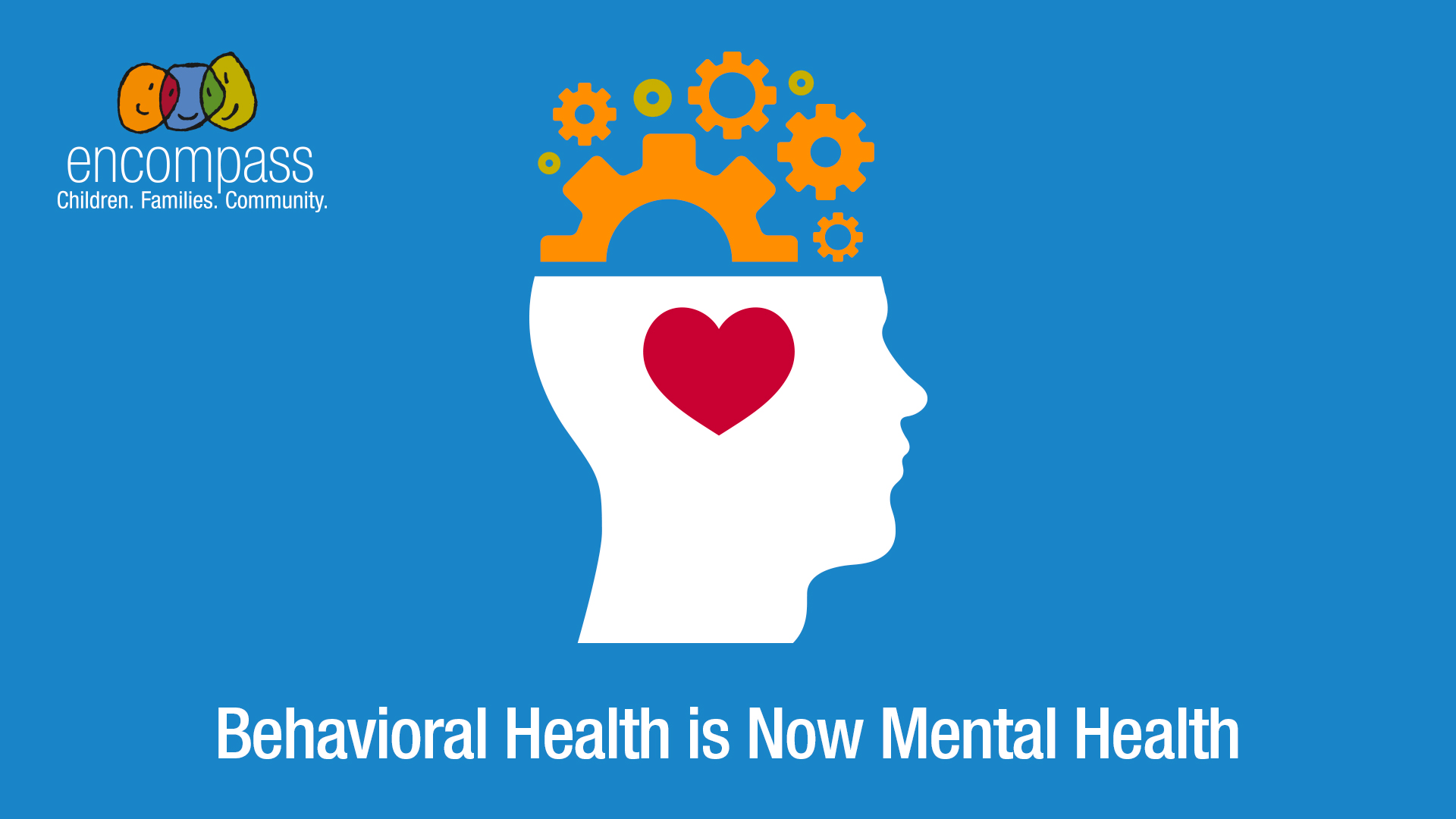Why is Screen Time Bad for my Child?

I recently was discussing the issue of technology and parenting with my son-in-law, the father of my 9-month-old grandchild. Because we are living in an era dependent on technology, the issue of “screen time,” and the impact it has on our children, is more important than ever. Rather than ask me about the how much TV time was too much, he impressed me by asking the more important question of “why?” He noted that he had been informed that excessive time with technology and screens was bad for his son, but never was given an explanation as to why. “Will TV make him dumber?” he asked. “If we want to expose him to a lot of words per day, why not allow the TV to be on while he plays so he can hear new words and phrases?” This is a topic that my son-in-law clearly had spent time pondering, as do many parents.
The question to ask yourself is:
What is my child NOT doing while watching TV? Children need movement to develop their brains. The central nervous system is built on movement (muscle, balance, and touch). This is why babies and toddlers put everything in their mouths, move everywhere, and touch everything.
Another TV habit to avoid is passive viewing. This is when the TV is on in the background. Picture a child stacking blocks: the TV has child-friendly program on, the picture or sound changes, the child stops their building and focuses on the change on the screen, then looks back to their task of stacking. If you watch this closely, the child will need to reassess what they were doing and in most cases stop the stacking activity all together. Passive viewing is a big problem for attention building.
Language is another very important area of development. Young children need face-to-face language exchange. According to the American Academy of Pediatrics, “a parent speaks about 940 words per hour when a toddler is around. With the television on, that number falls by 770!” Fewer face-to-face word exchanges decreases language development.
There’s always the big BUT: “But I need to get things done, and the TV keeps him busy!”
Recently, while I was cooking dinner, I let my granddaughter play in the kitchen, where she promptly pulled out every pot and pan in the house. Would it have been easier for me to restrict her by turning on a video? YES! I would not have had to clean up my entire kitchen. However, what she learned by opening, closing, touching, sucking on and dropping all the pans was so important and rich for her development. TV can’t provide that experience! I was happy to clean up those pans, although I have to say she did put most of the pans back by herself. I think she has seen adults doing that before and learned from that experience.
An added thought: environment matters. What your child is exposed to influences them. Be careful not to allow your child to view violence. There are countless studies that show young children can’t decipher the difference between what they view on a device versus real life until about age 6.
The bottom line is that The American Academy of Pediatrics recommends no screen use for children under two years of age. From there, the recommendation is no more than one hour per day. That includes games, phones, etc.
Early childhood is such a rich time for brain and body development; why not give your child’s brain a chance to thrive by providing opportunities for movement and imagination? While we all desire convenience, what we what most for our children is for them to be happy and healthy. The next time your little one takes out all the pots and pans, remember how many valuable lessons are being learned that TV simply cannot replicate.
When researching this topic, I went to a trusted resource: The American Academy of Pediatrics website. There I found two links to articles you may want to read to support the material I shared today. For further information, please click one of the links below:















Leave a Reply